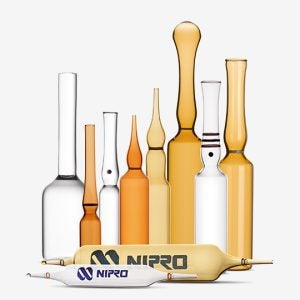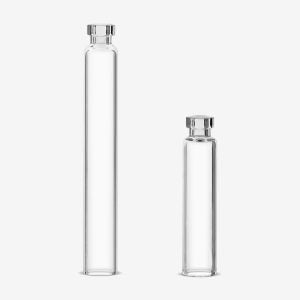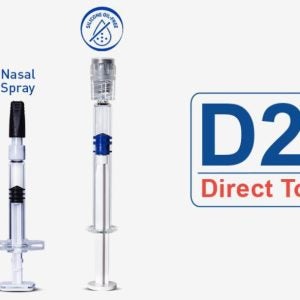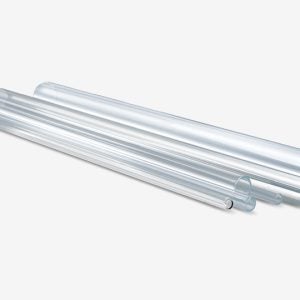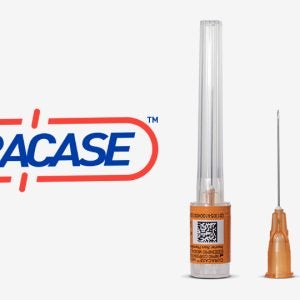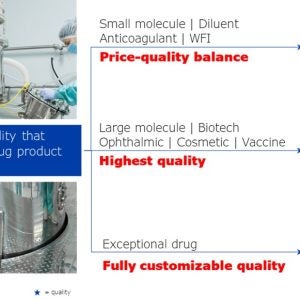Nipro is Focusing on Hot Spots to Reduce CO₂ emissions
The coronavirus (Covid-19) is currently the medial centre of attention, forcing other important topics like environmental protection to come second. Although Nipro PharmaPackaging is very engaged in manufacturing and delivering substantial numbers of glass vials for Covid-19 vaccines to pharmaceutical companies, previously determined environmental goals still apply.
In 2015, Nipro PharmaPackaging Germany (NPG) determined to reduce its CO₂ emissions by 30% by 2025. As a result of continuous improvements, NPG already has the latest systems and production methods in place, and 50% of the fixed target has already been reached. To further optimise the extremely energy-intensive production process of glass containers, NPG is constantly investigating better methods and technologies.
When being approached by the University of Applied Sciences Würzburg-Schweinfurt (FHWS) and its cooperating partner, Dr Clauß Bild und Datentechnik (CLAUSS), to test a prototype allowing for the digital recording, identification and evaluation of energy losses from industrial systems, Nipro started the cooperation with great interest. The new system developed by FHWS and CLAUSS was successfully tested for the first time in a case study at NPG on 9 September 2020.
The system captures high-resolution RGB images (upper image), and equivalent images in infrared thermographic range (lower image). The hot surfaces appearing as red or white and the temperatures are easily identified with the help of a thermogram. The surfaces are then measured using virtual stereo photogrammetric image processing, and the energy loss is quantified.


For one position, all necessary measurements are completed within 15 minutes, avoiding any disruption of the ongoing production processes.
NPG was able to initiate the first improvement measures just a week after the results of the study were provided. Thanks to good cooperation with project partners and the excellent results yielded, the project has now been extended.
Nipro is committed to achieving its environmental targets, further reducing energy loss and CO₂ emissions to contribute to a healthier planet.


